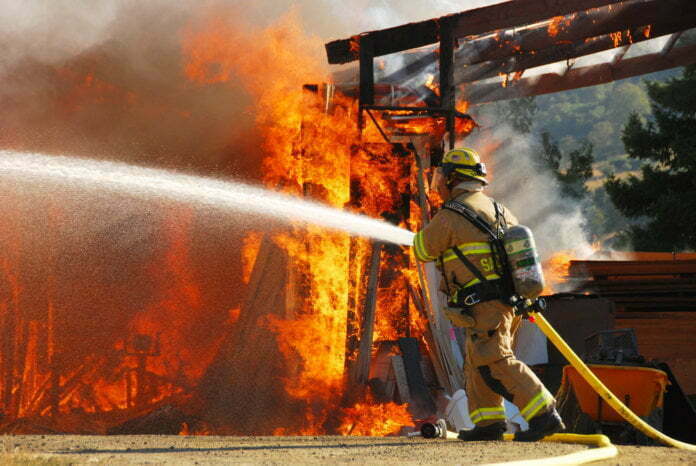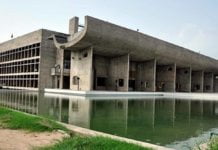Industrial fires and explosions are a major risk at worksites, costing companies and governments billions annually. Fires in industrial buildings, including manufacturing plants, warehouses, mills, and factories, are disastrous as they result in severe property damage and loss of life. According to reports, around 37,000 fire accidents occur annually at industrial and manufacturing properties, resulting in several deaths, injuries, and loss of millions of dollars in property damage.
Almost every industrial workspace or manufacturing facility risks fire hazards because some general problems lead to fire or explosion. Therefore, it is vital to identify the potential source of fire in your commercial environment to plan fire protection measures that best fit your needs. These disasters happen for many reasons. Thus, every worker should be aware of the risks a particular hazard poses and what can be done to prevent them. Many industrial spaces house extremely volatile material that can explode or burst into flames when not managed and stored properly. Read further to know the three most common causes of industrial fires and explosions.
1. Electrical hazards
Industrial worksites are required to use heavy-duty machinery with high power draws. As a result, one of the leading causes of fires in industries and manufacturing plants is electrical hazards resulting from improper wiring, degrading circuits, exposed wiring, overloaded outlets and circuits, static discharge, greasy or dusty electric motors, machines, etc. The problem gets worse when the electrical spark ignites combustible dust or flammable liquids and gasses in the area. To prevent electrical fire incidents, make sure workers are properly trained and take appropriate maintenance and safety procedures, such as:
- Make sure the electrical equipment or circuits are not overloaded.
- The combustible dust and other hazardous materials must be cleaned regularly from areas that contain equipment and machinery.
- Plan an emergency system for prompt reporting of an electrical fire.
- Turn off equipment when it’s not in use.
- Extension cords must never be considered as a permanent solution.
2. Combustible Dust
Dust is a common byproduct of industrial work, and this combustible dust is a major cause of fire in woodworking, chemical manufacturing, metalworking, pharmaceuticals, and almost every other industry. Combustible dust is highly flammable and usually results in two fires: an initial blaze and an explosion. They are airborne and can easily form dust clouds that may explode. Though it is impossible to eliminate dust, it is necessary to check that it doesn’t accumulate to a dangerous level. For this, make sure to follow a regular housekeeping routine.
3. Hot work
All the activities involving welding, torch cutting, brazing, burning, heating, and soldering come in the category of hot work. Hot work results in most industrial fires because the sparks and molten material could reach more than 1000°F temperature and travel more than 35 feet. Moreover, it is also responsible for igniting combustible dust fires because the sparks can light dust in the area. To prevent incidents of hot work disasters, the following safety must be taken-
- Weld only in regions with fire-resistant flooring or use protective shields.
- If there is an alternate option available, try avoiding hot work.
- Train personnel about the proper safety procedures and use safety equipment and fire-resistant protective clothing
- Follow orders on the hot work permit.
Apart from these causes, fire origin and cause investigations have also revealed various other factors responsible for igniting industrial fires. These causes include flammable liquids and gasses, faulty equipment and machinery, improper housekeeping practices, and human error. Fire accidents damage and destroy property, costing thousands of dollars, and even sometimes can cause injury or death to employees. Industries can do a lot to protect against fire, but the best defense is to prevent a fire from starting in the first place.




